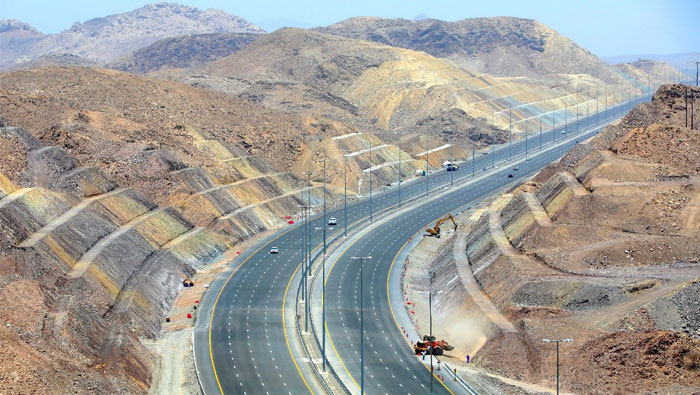
Muscat: A global snapshot survey on how technology and automation will define the future of global road transport was released by the International Road Transport Union (IRU) on Monday.
The IRU report 2018 provides insights from transport companies across the globe and offers possible solutions to geopolitical, social and economic uncertainties and instabilities, which are threatening growth across the globe.
The report explores the challenges and opportunities facing the road transport sector worldwide, providing a snapshot of an industry that recognises it is operating and evolving through a period of great change.
The findings come from in-depth interviews conducted with representatives from transport companies, brokers and freight forwarding firms in 19 countries across Europe, Asia and the Gulf Cooperation Council (GCC) region.
As such, it gives us a truly global picture, with insights into how transport companies see the world around them and the issues they feel are threatening their business.
The findings
The data shows that road transport companies are most concerned about the big global issues that dominate the international news agenda, rather than the more nuanced issues specific to the industry. According to the findings, the biggest perceived challenge is geopolitical uncertainty, with 57 per cent of respondents citing this as a major threat to their business. The possibility of another global recession and worries about keeping up with increasing customer demand come a joint second, with 52 per cent of respondents mentioning each of these issues.
Despite these challenges, the road transport industry recognises that in an ever-more competitive business environment, technology-driven innovation has the potential to unlock immense opportunities. They see successful adoption of technology as the key to long-term survival.
When considering how technology will best be able to change the industry, companies across the world agree that the biggest room for improvement lies in the area of safety. One in three (33 per cent) transport companies in Europe, the GCC and Asia named this issue as the top priority.
The GCC countries recognised the importance to join the TIR system (a globally applicable international customs transit and guarantee system), with Kuwait, Qatar, Saudi Arabia and the UAE already signatories, and Oman set to join soon.
Oman has been asserting its position as a key player in the trade region for some time now. Oman’s strategic location as a trade hub and its dynamic investment strategy to become a logistics leader over the coming years, both regionally and globally, make it an ideal venue for engaging transport and trade leaders from around the world at the IRU World Congress.
The World Congress is organised by the IRU, the world’s only transport trade association, and hosted by Asyad, Oman’s leading provider of integrated logistics services and the Omani Ministry of Transport and Communications.
GCC and Asia view
For transport companies in the GCC countries and Asia, keeping up with changing customer demand is on par with geopolitical uncertainty as a top threat to their business. This perhaps reflects the rapid economic growth in Asia and the GCC region, as well as the resulting increase in demand for freight transport to meet consumer demand.
Transport companies in Asia see climate and environmental change as a much more significant threat than operators in Europe and the GCC. This too could reflect the explosion of demand for freight and mobility services in recent decades in Asia. Similarly, it could be a product of the high-profile policy initiatives that seek to use regulation as a lever to encourage decarbonisation and mitigate the environmental impact of road transport.